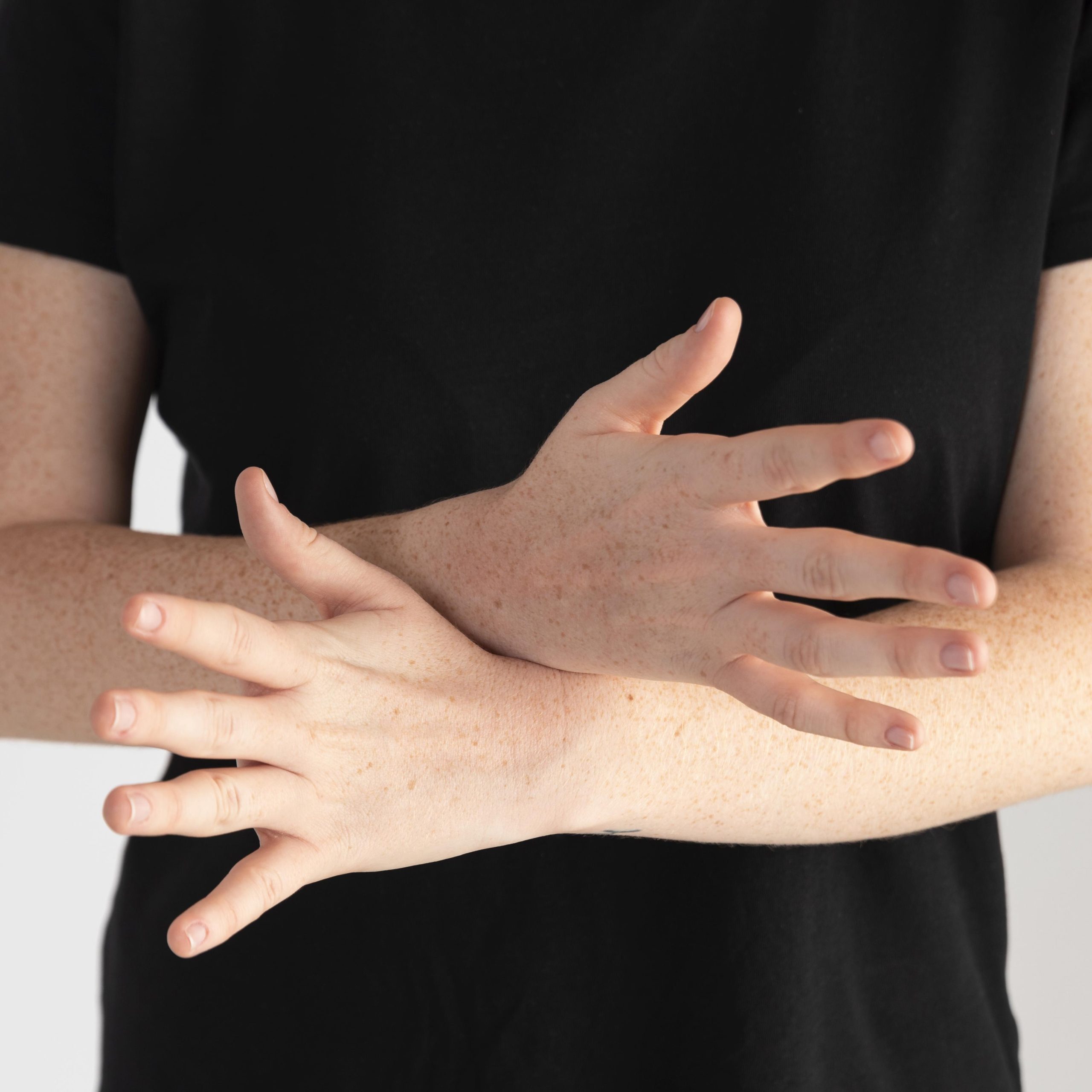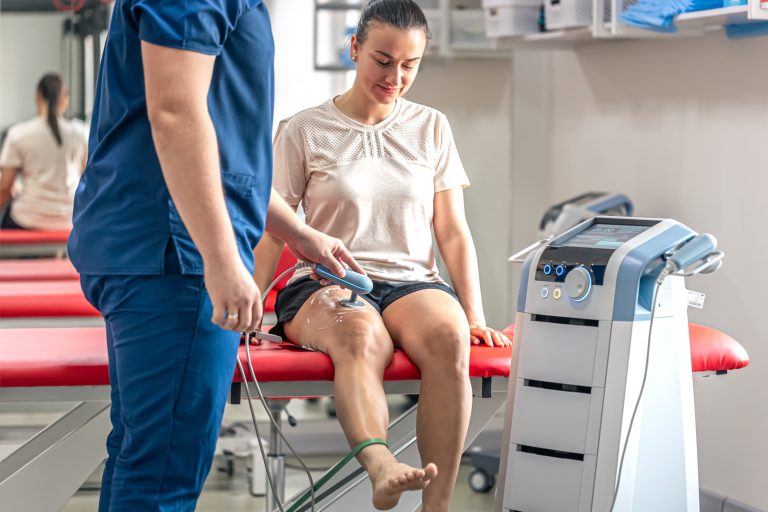A pinched nerve can cause significant discomfort and disrupt your daily life. At Spinal Recovery Center, located at 2243 East 12 Mile Road, Warren, Michigan 48092, we specialize in diagnosing and treating this common condition. Understanding how to identify the signs of a pinched nerve and seeking appropriate treatment can make a big difference in your recovery.
What Is a Pinched Nerve?
A pinched nerve occurs when surrounding tissues, such as bones, cartilage, muscles, or tendons, exert too much pressure on a nerve. This pressure can disrupt the nerve’s function, leading to pain, tingling, numbness, or weakness. Pinched nerves are most commonly found in the spine, neck, and wrists, and can result from conditions such as herniated discs, arthritis, or repetitive stress injuries.
Symptoms of a Pinched Nerve
Identifying a pinched nerve early can prevent long-term damage. Common symptoms include:
- Sharp or Burning Pain: The pain associated with a pinched nerve is often described as sharp, burning, or stabbing. It may radiate outward from the affected area, such as from your lower back down to your legs, indicating sciatica.
- Numbness or Decreased Sensation: A pinched nerve can cause numbness or a “pins and needles” sensation in the area served by the nerve. This numbness may extend to your arms, legs, or other parts of your body.
- Muscle Weakness: You may notice a decrease in strength in the muscles served by the affected nerve. This weakness can make it difficult to perform everyday tasks.
- Worsening Symptoms When Moving: Symptoms often worsen with certain movements, such as turning your head, lifting your arms, or sitting for extended periods. This can help differentiate a pinched nerve from other types of pain.
When to Seek Medical Attention
If you suspect a pinched nerve, it’s important to seek medical advice, especially if:
- Your symptoms persist for more than a few days without improvement.
- The pain is severe and disrupts your daily activities.
- You experience sudden weakness, loss of bowel or bladder control, or numbness in the groin area, which could indicate a more serious condition such as cauda equina syndrome.
Diagnosis at Spinal Recovery Center
At Spinal Recovery Center, we use a combination of patient history, physical examinations, and advanced imaging techniques to accurately diagnose a pinched nerve. Our goal is to identify the exact location and cause of the nerve compression to create an effective treatment plan.
Treatment Options for a Pinched Nerve
Treatment for a pinched nerve often begins with conservative approaches. Here are some of the most common options:
- Rest and Activity Modification: The first step in treating a pinched nerve is to avoid activities that exacerbate symptoms. Resting the affected area can reduce inflammation and relieve pressure on the nerve.
- Physical Therapy: Physical therapy is a cornerstone of pinched nerve treatment. Our therapists at Spinal Recovery Center will guide you through exercises designed to strengthen the muscles around the nerve, improve flexibility, and alleviate pressure.
- Chiropractic Care: Chiropractic adjustments can help realign the spine and reduce nerve compression. Our chiropractors use gentle, targeted techniques to relieve pressure on the pinched nerve and restore normal function.
- Pain Management: In some cases, medications or injections may be recommended to reduce inflammation and pain. Corticosteroid injections, for example, can provide significant relief by reducing swelling around the nerve.
- Spinal Decompression Therapy: For cases involving herniated discs or spinal stenosis, spinal decompression therapy may be effective. This non-invasive treatment gently stretches the spine to relieve pressure on the affected nerve.
- Lifestyle Changes: Long-term management of a pinched nerve often involves making lifestyle changes to prevent recurrence. This may include ergonomic adjustments at work, improved posture, and regular exercise to maintain spinal health.
Surgical Options
If conservative treatments do not provide sufficient relief, or if the nerve damage is severe, surgery may be considered. Procedures such as microdiscectomy or laminectomy can relieve pressure on the nerve by removing or reshaping the structures that are compressing it. Our team will carefully evaluate your condition and discuss whether surgery is necessary.
Recovery and Prevention
Recovery from a pinched nerve varies depending on the severity of the condition and the treatments used. At Spinal Recovery Center, we emphasize not only treating the current problem but also preventing future issues. Our team will work with you to develop a maintenance plan that includes exercises, ergonomic advice, and lifestyle modifications to keep your spine healthy.
A pinched nerve can be a painful and debilitating condition, but with the right care, you can find relief and prevent further issues. If you suspect you have a pinched nerve or are experiencing any of the symptoms mentioned, don’t hesitate to seek help. Visit Spinal Recovery Center at 2243 East 12 Mile Road, Warren, Michigan 48092, where our dedicated team of professionals is ready to help you identify and treat your condition effectively. Contact us today to schedule a consultation and start your journey to recovery.




